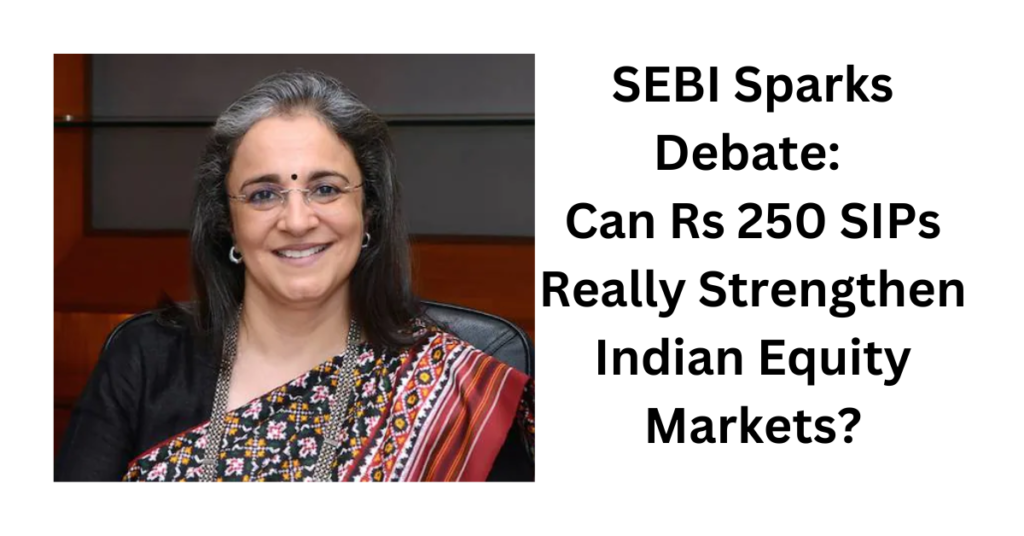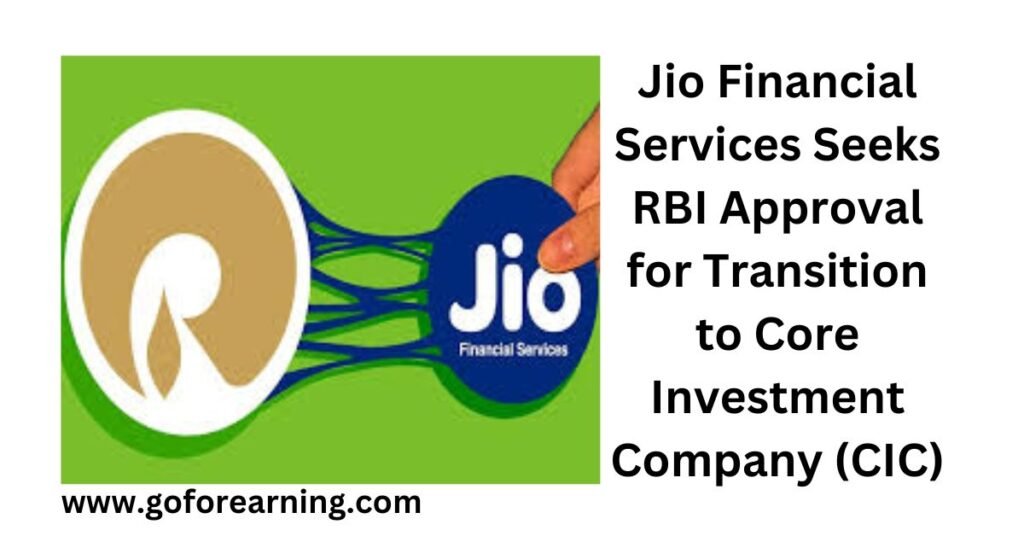Madhabi Puri Buch, the Chairperson of the Securities and Exchange Board of India (SEBI), has announced collaborative efforts with mutual fund houses to make Rs 250 systematic investment plans (SIPs) a viable option for investors in order to promote financial inclusion and strengthen the resilience of Indian equity markets. Buch, speaking at a Business Today event, stressed the potential influence of smaller SIPs in laying the way for future market expansion.
Unlocking Financial Inclusion: The Rs 250 SIP Vision
Madhabi Puri Buch emphasized the need of lowering the minimal investment requirement for SIPs, drawing a connection with Hindustan Unilever’s success with shampoo sachets. SEBI intends to identify and remove cost impediments, in collaboration with mutual fund firms, in order to make the Rs 250 SIP a reality. This move is designed to democratize investment, attracting a broader spectrum of investors and strengthening Indian markets.
SIPs Demystified: A Path to Regular Investments
Systematic commitment Plans work on the premise of frequent investments, enabling people to invest modest sums at regular periods rather than a large one-time commitment. Buch’s idea is consistent with the objective of making investment more accessible to a wider range of people.
Current Landscape: Mutual Fund Industry Approaches Rs 50 Trillion AUM Milestone
The total assets under management (AUM) of the Indian mutual fund sector topped Rs 50 trillion in November, hitting Rs 49.04 trillion. AUM increased as benchmark indexes reached all-time highs. While some mutual fund companies now provide SIPs for as little as Rs 100, the alternatives remain restricted owing to possible viability issues.
Resilience Amid Global Shocks: The Role of Lower SIPs
Madhabi Puri Buch shown how smaller SIPs might help Indian equities markets remain resilient. Domestic investors have played a critical role in protecting markets from global shocks in recent years. The inflow of retail money, including direct investments and mutual funds, aided India’s resiliency even as other developing economies experienced difficulties.
Buch stressed that lowering the SIP threshold to Rs 250 might reproduce similar resiliency in the future, laying the groundwork for long-term market development. This measure is expected to have two effects: enticing local flows and encouraging foreign money to return.
Future Outlook: SEBI’s Commitment to Lower SIP Thresholds
In terms of the future, Buch emphasized SEBI’s commitment to make Rs 250 SIPs sustainable over the remainder of her term. The regulatory emphasis on reducing the existing Rs 500 barrier seeks to establish a solid platform for the market’s future development and stability.
Innovations on the Horizon: SEBI Explores High-Risk Investor Asset Class
Simultaneously, SEBI is investigating the creation of a new asset class geared for high-risk investors. Concerns about ordinary investors seeking assistance from unregistered advisors, frequently exposing themselves to dangerous assets or techniques disguised as Portfolio Management Services (PMS), have prompted this endeavor.
As SEBI’s tactics develop, the focus remains on increasing financial inclusion, reinforcing stock markets, and protecting individual investors from unwanted advice.
Finally, the coordinated efforts of SEBI and mutual fund firms to make Rs 250 SIPs sustainable represent an important step toward a more egalitarian and resilient financial ecosystem in India. This foresight is set to open new doors for investors, ensuring that the advantages of market involvement are available to a broader audience.





